-
Charred wood: very important material for me, there is a redemptive quality to the charring process.
From TODD MURPHY’s notes annotated by his studio assistant 2017
-
Gold - residue of colliding stars, massive solar explosions, energy is produced but one of the by products is gold *All of these kinds of cosmic energies.
Todd Murphy’s Notes
-
Salt as a healing properties, preservative, salted meat, salt mines, salacious - salt, Material that takes on many roles, required, found all over the world.
Todd Murphy
notes annotated studio assistant 2017




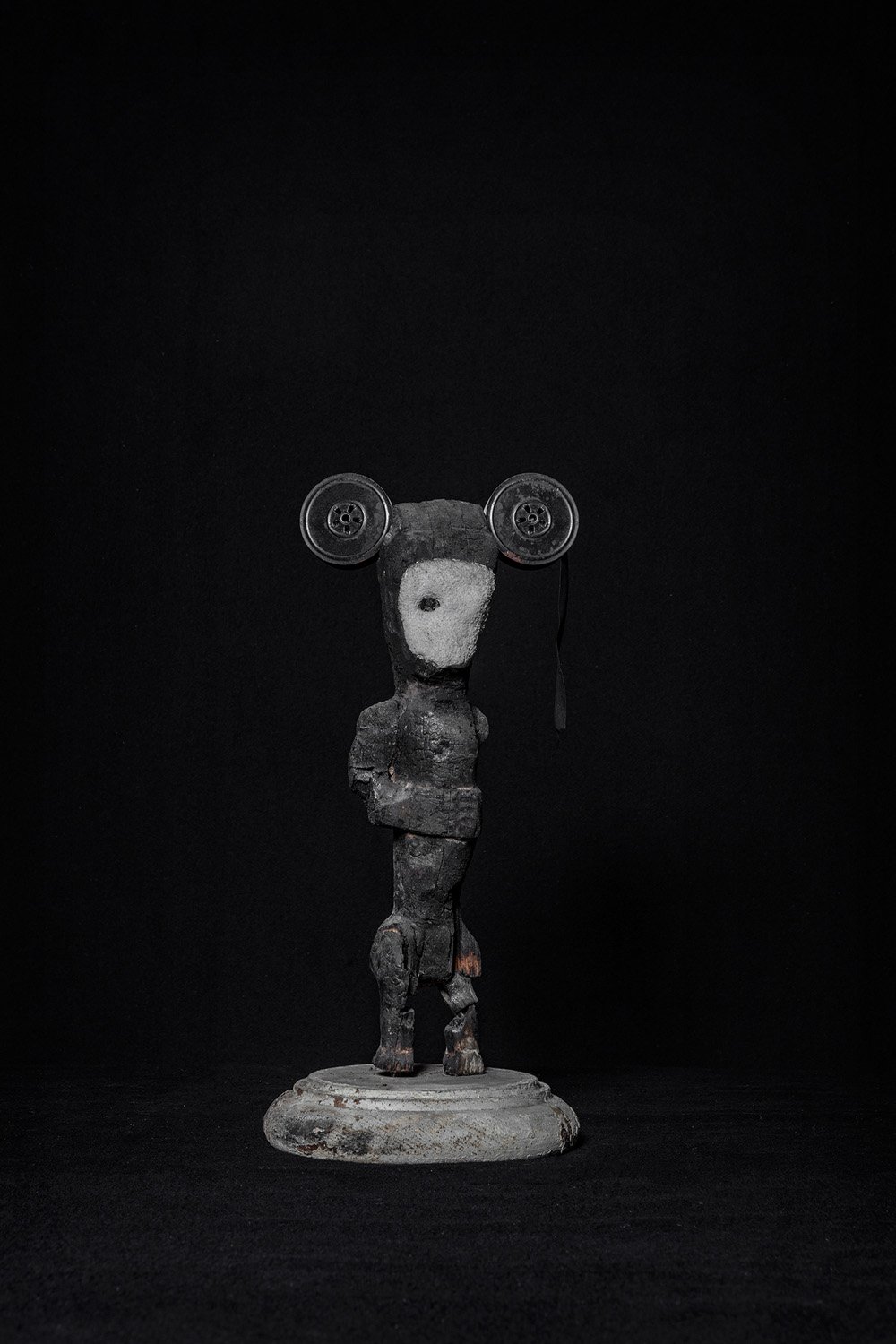

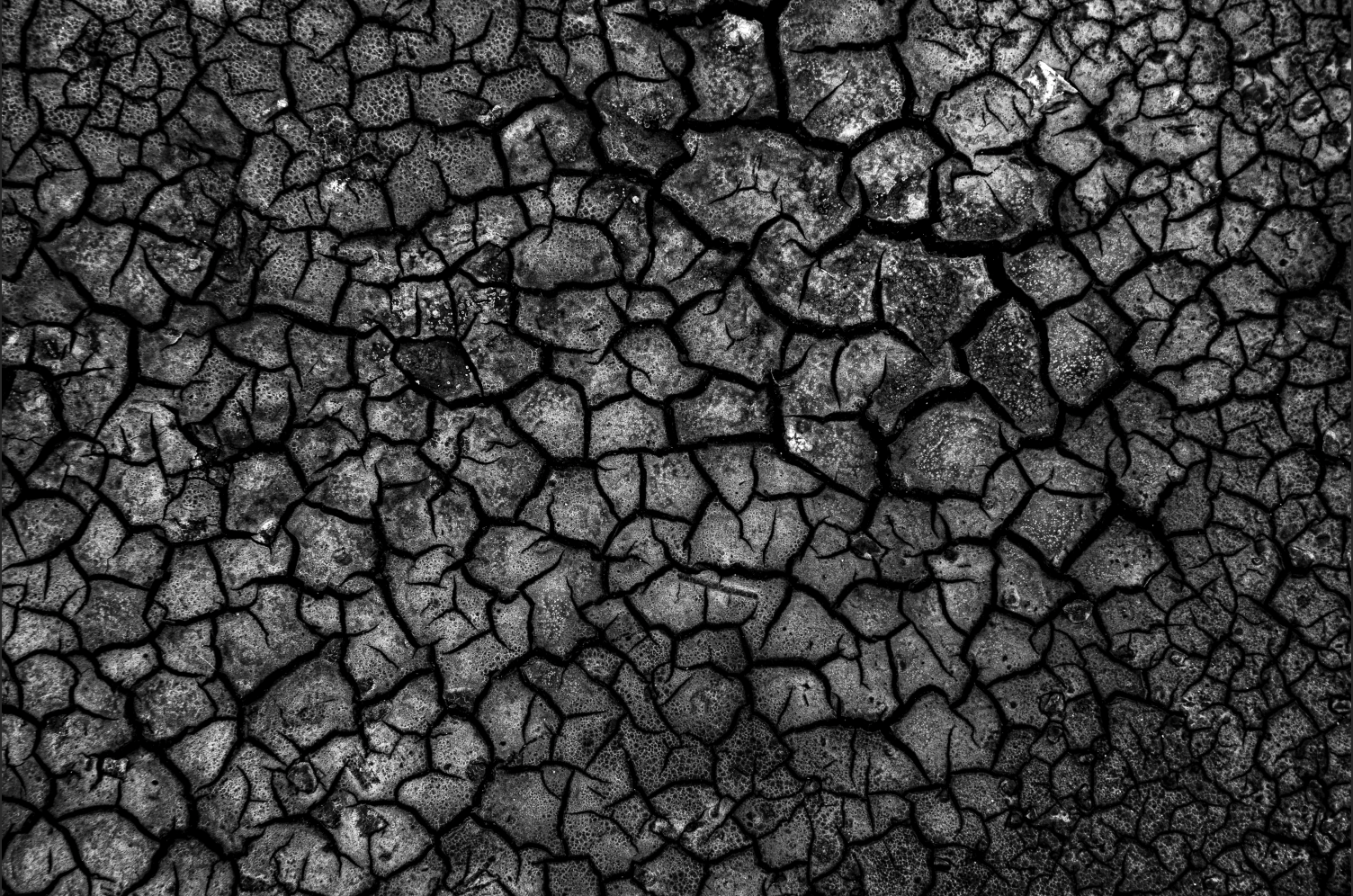




I was studying batteries and charring wood. Redemptive, rebirth kind of place. When I started to do the research on batteries, I bought a salt water battery powered robot and it came with a sheet of aluminum, a piece of cotton and charcoal - carbon.
Element, Carbon, material charcoal - charred wood or an artist 's charcoal stick, the electricity, beyond fascinating. - Todd Murphy, 2017
From Studio Assistant transcription; Todd words on use of materials, 2017
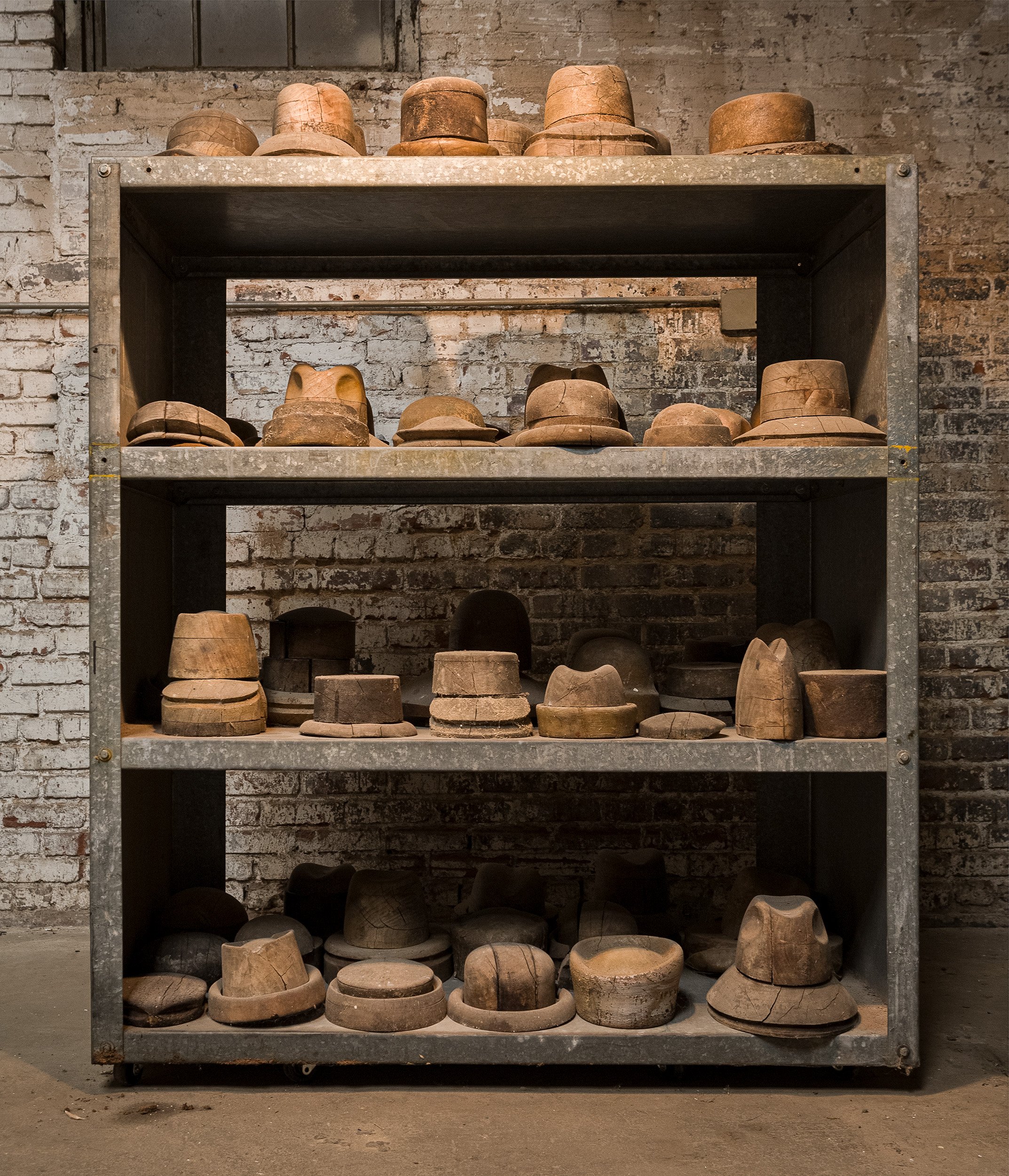
the sculptures and drawings have a directness. you get a sense of a person involved in the making of this thing. there isn't a pretension. it doesn't have to have flash or flare. Pryzbilla, 2007 (Untitled, 2006)
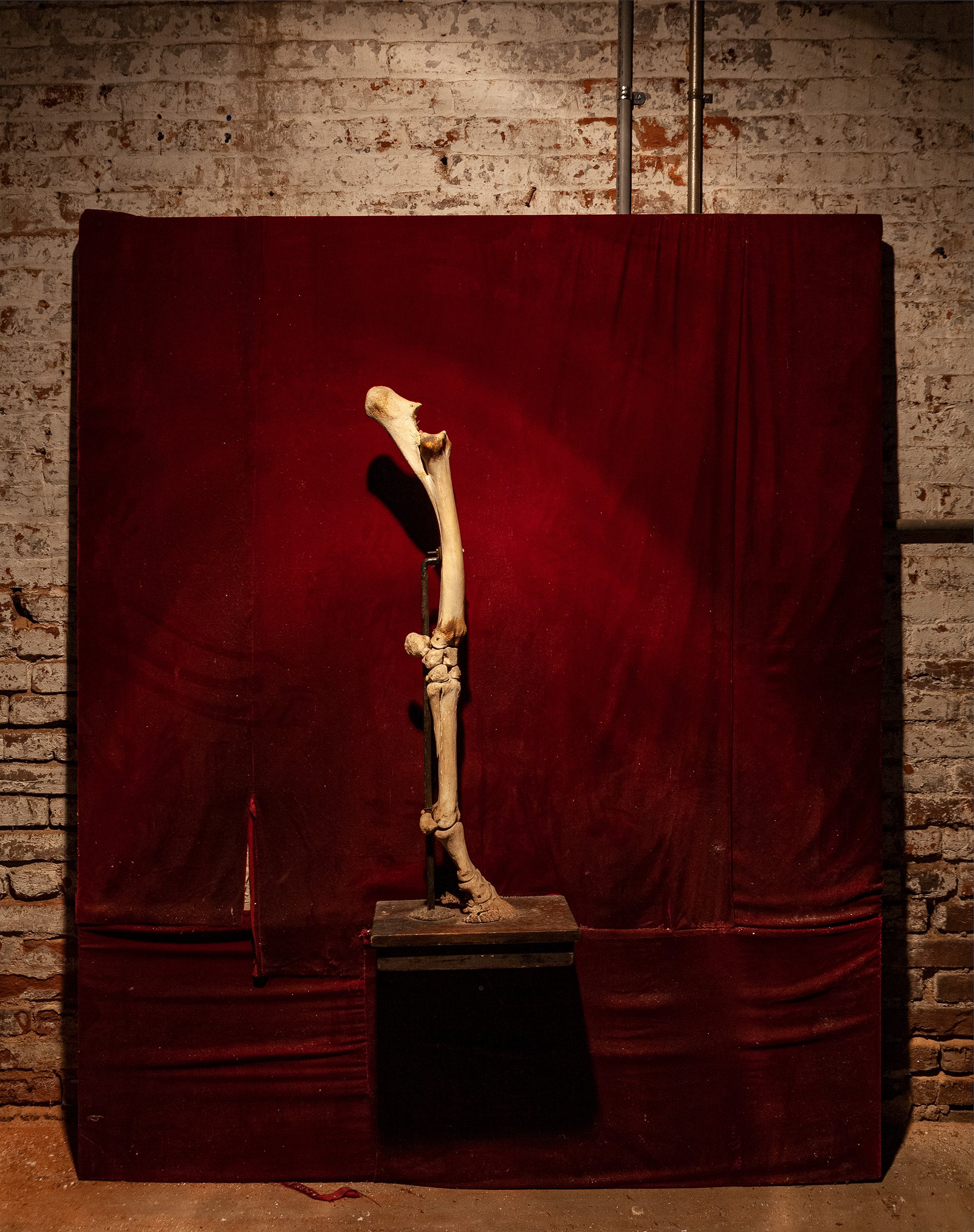
the sculptures and drawings have a directness. you get a sense of a person involved in the making of this thing. there isn't a pretension. it doesn't have to have flash or flare. Pryzbilla, 2007 (Untitled, 2006)
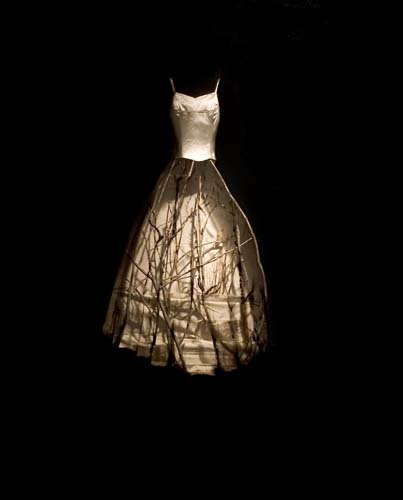
the sculptures and drawings have a directness. you get a sense of a person involved in the making of this thing. there isn't a pretension. it doesn't have to have flash or flare. Pryzbilla, 2007 (Untitled, 2006) Mixed Media
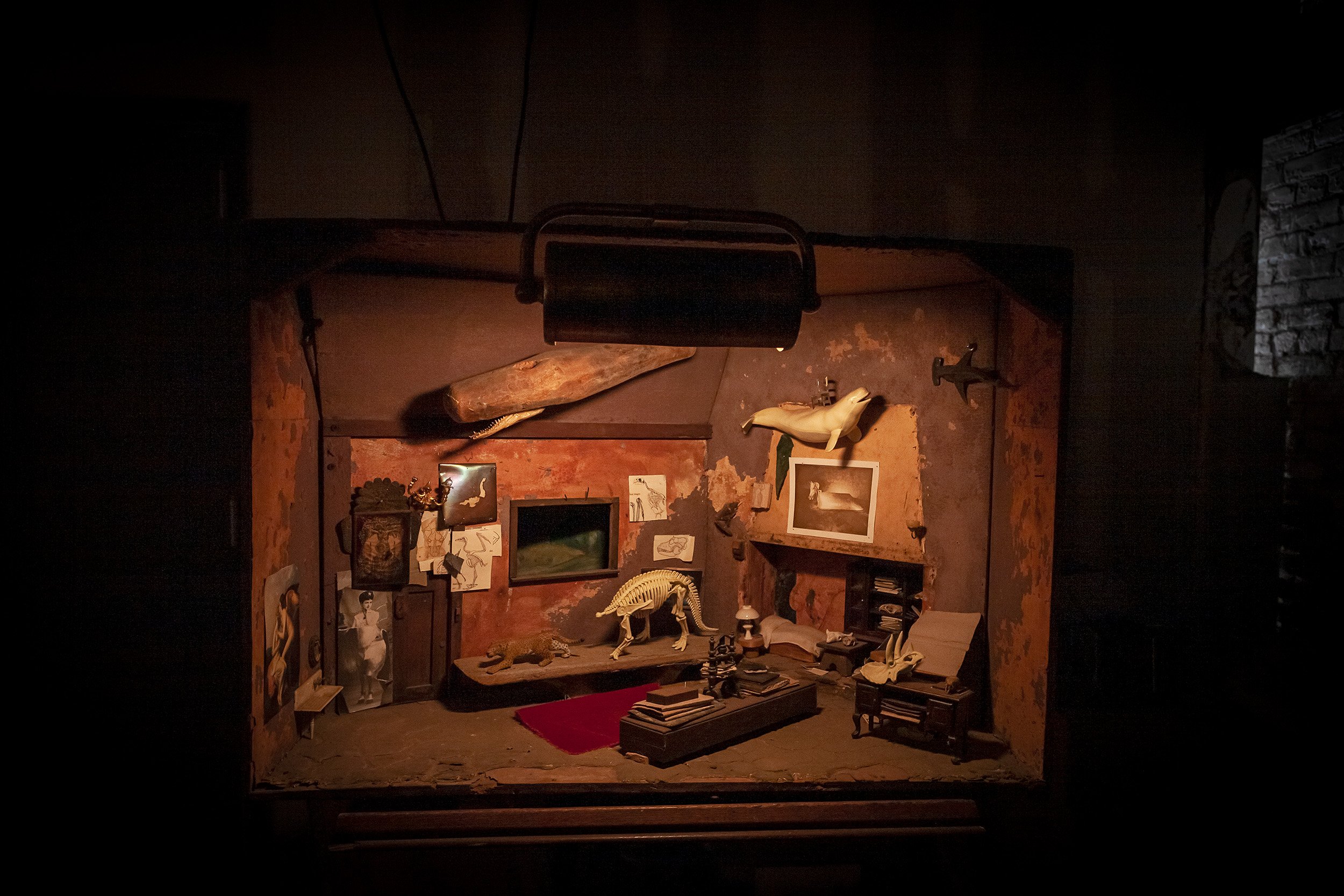
the sculptures and drawings have a directness. you get a sense of a person involved in the making of this thing. there isn't a pretension. it doesn't have to have flash or flare. Pryzbilla, 2007 (Untitled studio), 2006
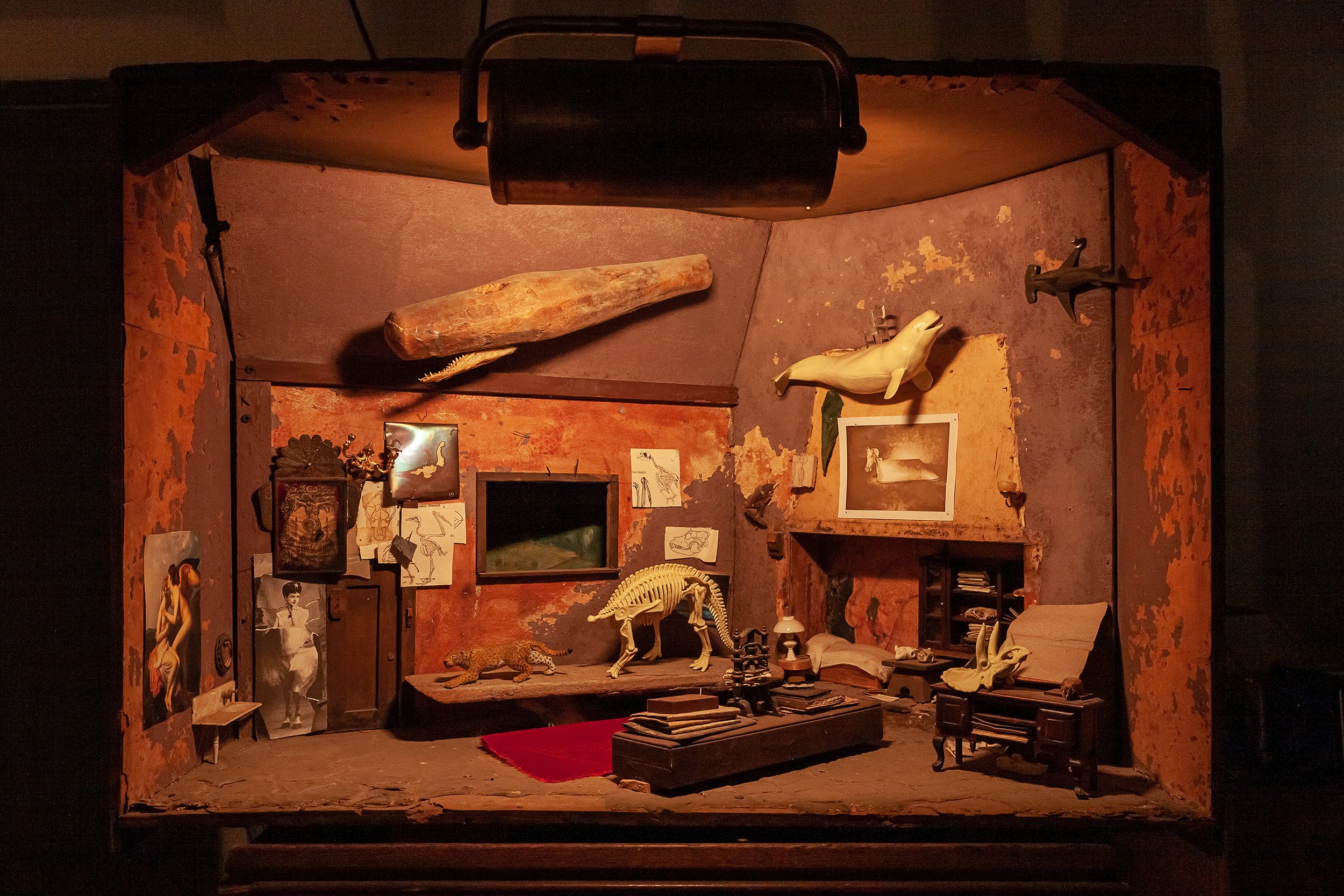
the sculptures and drawings have a directness. you get a sense of a person involved in the making of this thing. there isn't a pretension. it doesn't have to have flash or flare. Pryzbilla, 2007 (Untitled studio), 2006
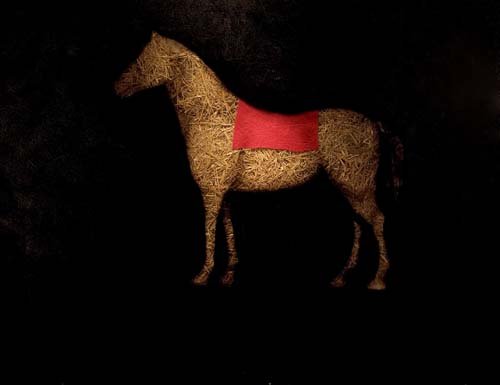
the sculptures and drawings have a directness. you get a sense of a person involved in the making of this thing. there isn't a pretension. it doesn't have to have flash or flare. Pryzbilla, 2007 (Untitled), 2006, Mixed media

MOCA Jacksonville 2007

MOCA Jacksonville, 2007
-
THE MOST BASIC CHARACTERISTIC of photomontage is the joining of two or more individual photographic images, as parts, to form another complete, different image.
COMPOSITE IMAGERY AND THE ORIGINS OF PHOTOMONTAGE, PART I: THE NATURALISTIC STRAIN
By Robert A. Sobieszek
-
photomontage has been brought into play in the service of pure whimsy, with themes too fanciful to be photographed directly.
COMPOSITE IMAGERY AND THE ORIGINS OF PHOTOMONTAGE, PART I: THE NATURALISTIC STRAIN
By Robert A. Sobieszek
-
Photomontage has also been utilized by picture-makers for strict, formal reasons to create images which are in no way naturalistic and have no grounding in fantasy, but present a diversity of photographs of various subjects for the sake of assemblage and/or amalgamation.
COMPOSITE IMAGERY AND THE ORIGINS OF PHOTOMONTAGE, PART I: THE NATURALISTIC STRAIN
By Robert A. Sobieszek
-
Thus independent pictures could be cut out and pasted down; or printed sequentially on a single sheet of paper; or exposed multiply in negative; or printed multiply in combination on a sheet of paper.
COMPOSITE IMAGERY AND THE ORIGINS OF PHOTOMONTAGE, PART I: THE NATURALISTIC STRAIN
By Robert A. Sobieszek
-
Always at the heart of photomontage, however, is the use of multiple pictures to make up another single picture.
COMPOSITE IMAGERY AND THE ORIGINS OF PHOTOMONTAGE, PART I: THE NATURALISTIC STRAIN
By Robert A. Sobieszek
-
Photomontage is the creation of pictures from other pictures.
COMPOSITE IMAGERY AND THE ORIGINS OF PHOTOMONTAGE, PART I: THE NATURALISTIC STRAIN
By Robert A. Sobieszek
-
Basically, photomontage is the fabrication of a composite but single image made up of a number of distinct photographic parts. It “results from the association of photographic elements, which have diverse origins, natures and proportions, combined in such a way as to express with force a particular idea.”6
COMPOSITE IMAGERY AND THE ORIGINS OF PHOTOMONTAGE, PART I: THE NATURALISTIC STRAIN
By Robert A. Sobieszek



